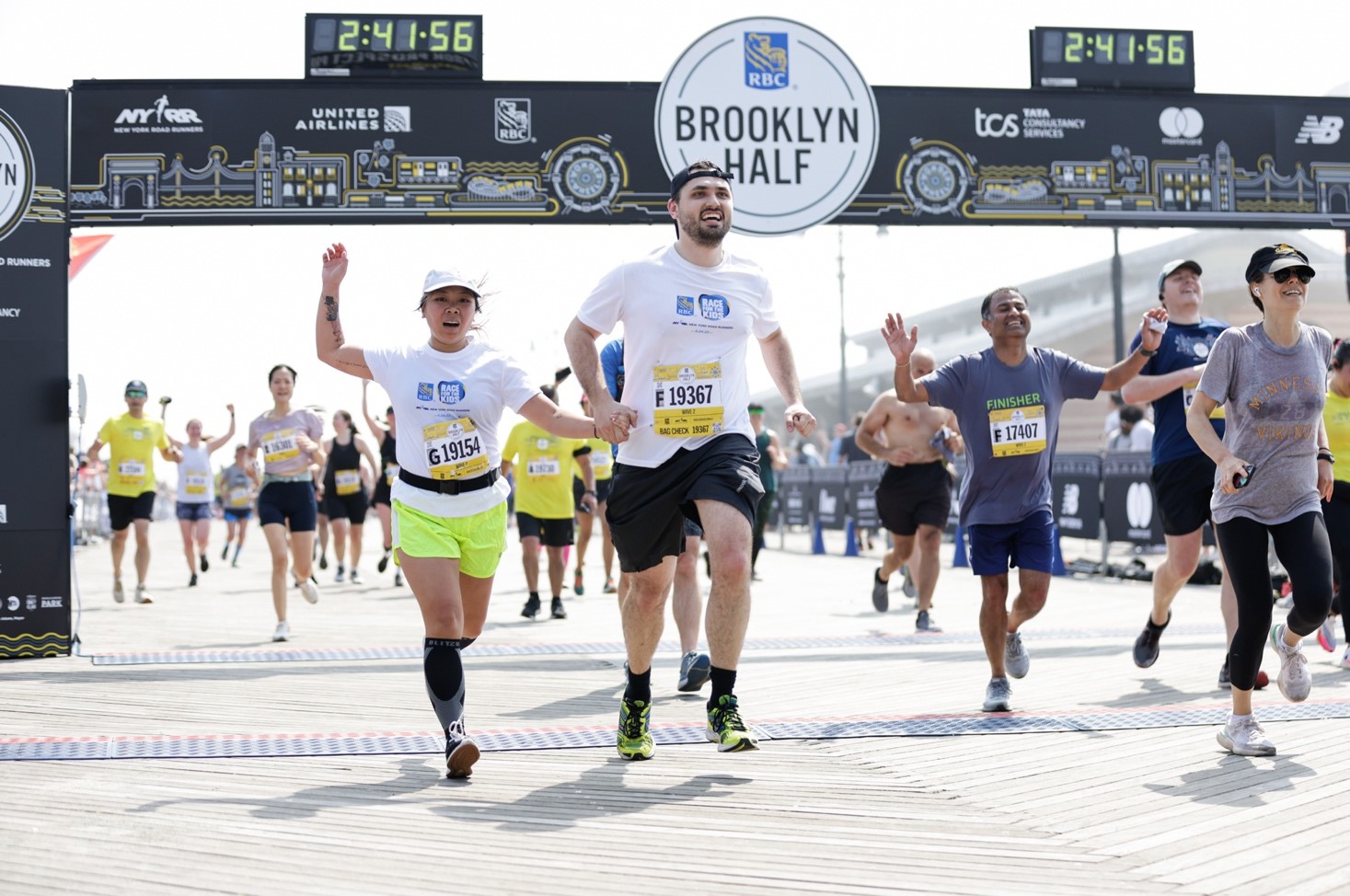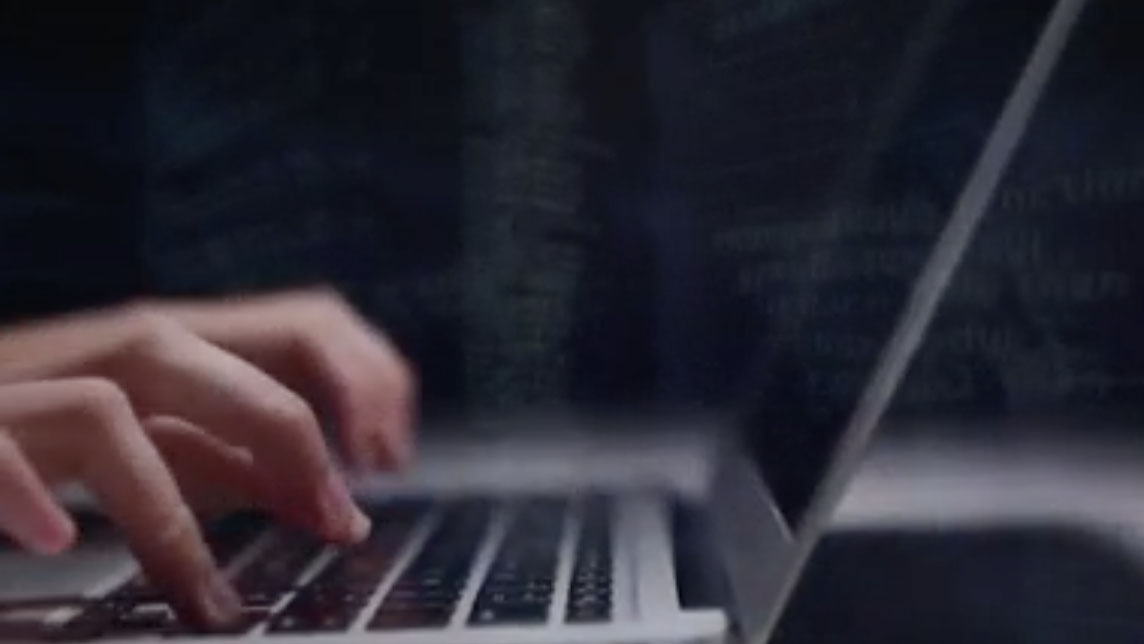What to Know
- Airlines are rolling out facial recognition technology at their gates, leaving some passengers concerned about privacy
- JetBlue rolled out the technology at JFK Airport last November, saying it was a way to "verify travelers with a quick photo capture"
- Delta recently rolled it out at an airport in Atlanta and plans to expand it to other airports
MacKenzie Fegan had just boarded a JetBlue flight to Mexico when she realized no one had checked her passport or boarding pass at the gate.
She did, however, look into a camera before the gate opened.
The process was part of JetBlue’s “first fully-integrated biometric self-boarding gate,” which uses facial recognition technology “to verify travelers with a quick photo capture,” the airline said in a release when it rolled out at JFK Airport last November.
JetBlue isn’t the only airline using the technology; Delta recently rolled it out at an airport in Atlanta and plans to expand it to other airports.
While some travelers have found the new system convenient, others believe it’s an invasion of privacy. Fegan, for one, tweeted her concerns to JetBlue after her experience.
“Did facial recognition replace boarding passes, unbeknownst to me?” she asked the airline. “Did I consent to this?”
Local
As part of the system, U.S. Customs and Border Protection verifies identities using facial scans at the gate, then cross-checks the scans with travelers’ passport photos, which are already on file.
The information from the scan is only supposed to be used once. Airlines say it’s deleted out of the system within a few hours.
In a tweet, JetBlue said the photos are “securely transmitted to the Customs and Border Protection database,” noting that the airline “does not have direct access to the photos and doesn’t store them.”
CBP plans to rolls out systems at the nation’s 20 biggest airports by the end of 2020.
Maxine Lubner, a professor at Vaughn College of Aeronautics and Technology in Queens, maintained the technology is "cool… new, and… makes the process faster."
“You can be sure that all these companies are going to try really hard to not have any problems, to have mismatches or privacy issues,” she said.
Some travelers, however, still have concerns about the new process.
“The whole thing was very unsettling,” Fegan said in an interview with News 4. “I was left feeling like, what just happened?”



